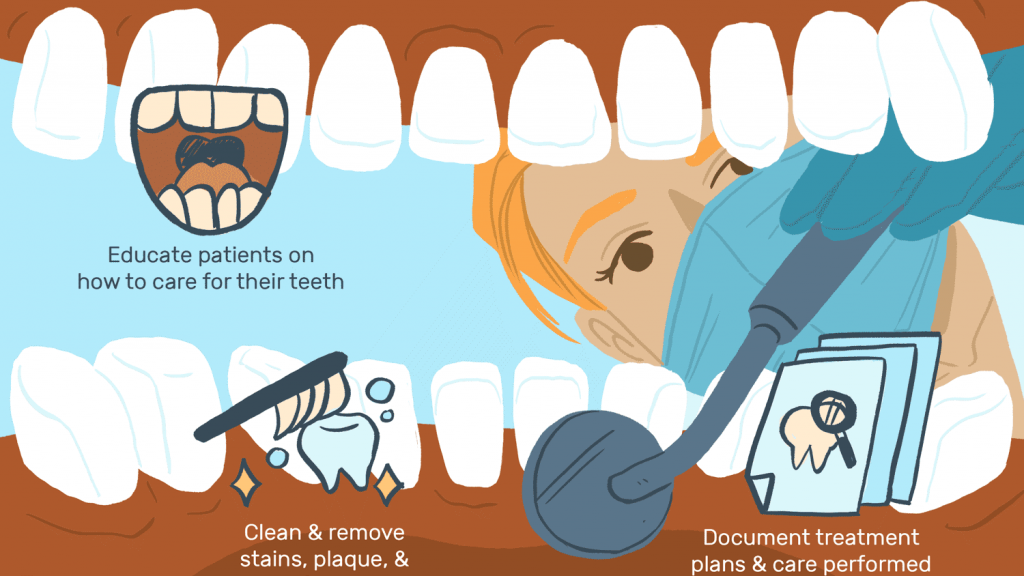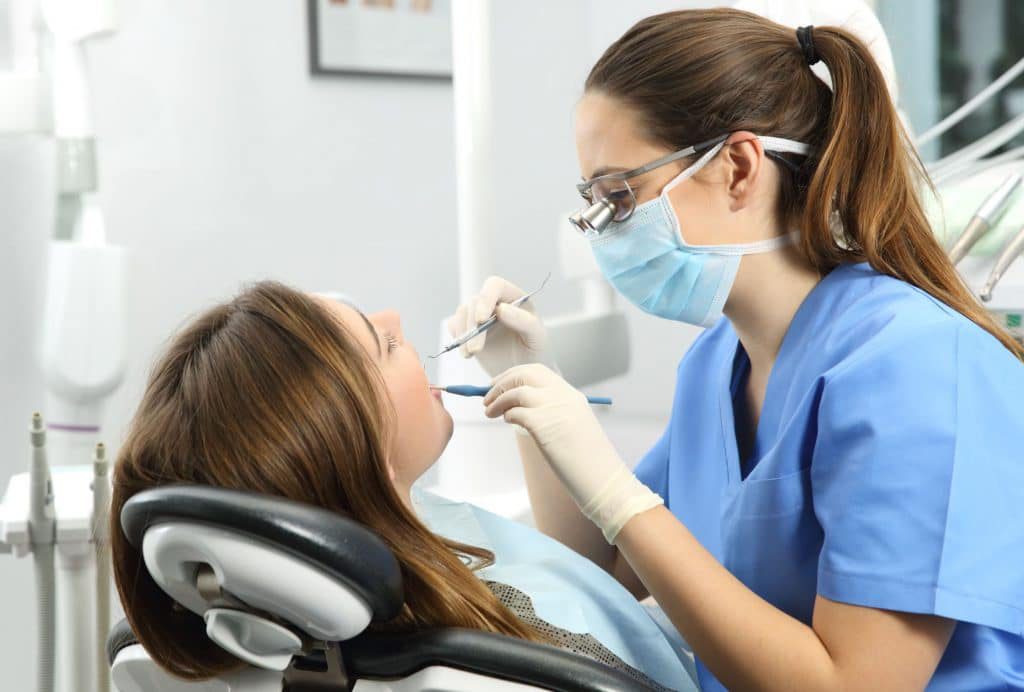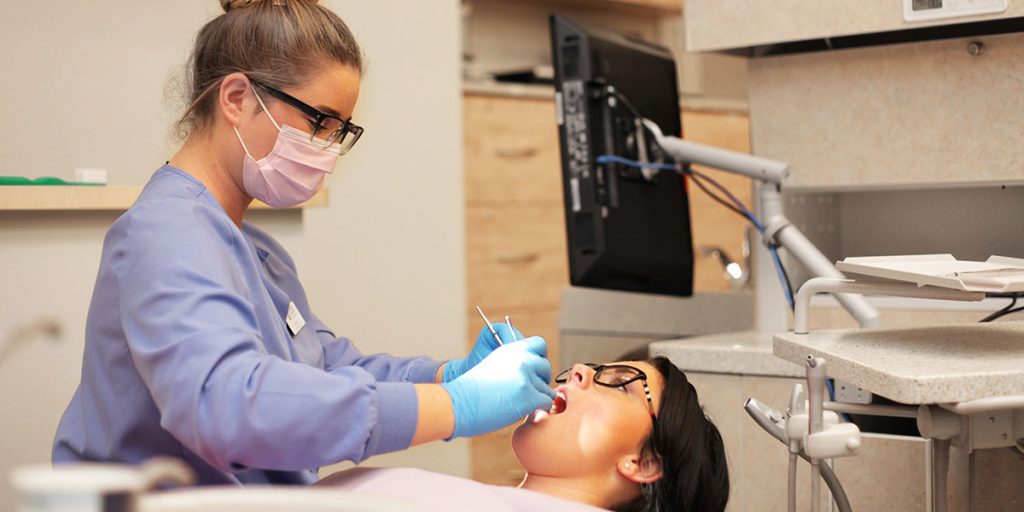The number of opportunities for careers and education of Dental Hygienists was limited but currently, a plethora of chances has been opened up. Dental Hygiene is a rapidly growing field.
Dental Hygienists work along with dentists, their main concern is the preventative oral health care of their patients. They clean the teeth, examining gums, collecting medical history and educating the patients on techniques of oral health care.
They play a significant role in the dental healthcare team covering the responsibilities of clinical and health promotion. Patients can be young children to elderly people with various dental care needs.
Is Your Resume Not Getting Shortlisted?
Who are Dental Hygienists?
These are preventive oral health professionals who are licensed in dental hygiene for providing educational, clinical, research, administrative and therapeutic services for promoting optimum oral health.
Educate and motivate patients for taking proper care of their teeth and gums, prevention of oral problems by proper treatments and provide advice on oral hygiene like the selection of proper toothbrushes and other oral care devices and diet advice.
The tasks performed by dental hygienists are done under the supervision of a dentist. The extent of supervision is dependent on the state and the setting in which the dental hygienist works.

Responsibilities of Dental Hygienists
- Removal of plaque (hard and soft deposits), Calculus, stains and polishers from the surfaces of teeth using tools like scrapers and polishers.
- Application of preventative treatments like fluorides and stains to the teeth.
- Taking and development of dental X-Rays.
- Assessment of patient’s oral health and report its findings to dentists.
- Documentation of patient care and treatment plans, office management activities.
- Educating the patients about techniques of oral hygiene like tooth brushing, flossing and nutritional counselling.
- Provide patient screening procedures such as evaluation of oral health conditions, health history review, oral cancer screening, an inspection of head and neck, dental charting and taking pulse and BP.
- Work with the dental team in treating and helping patients in the prevention of gum disease.
- Sterilizing the dental instruments properly.
- Administering local anaesthetic and apply specific treatment for reducing teeth decay.
- Display care and utmost compassion for patients and put them at the centre of the care.
Required education
Dental Hygienists typically need an associate degree although bachelors and masters are less common but available. These degrees are usually required in research, teaching or clinical practice in school and public health programs.
- Associate degree in dental hygiene that is sufficient to get licensing.
- Bachelor degree for aspirants interested in specialized care like performing practice in public and school settings for development programs.
- Master degree is the best option for professionals who want to teach, conduct research or work at the administration level.
Employment Areas of Dental Hygienists
These medical professionals are in great demand in the following employment sectors.
- General dental practices.
- Specialty dental practices like periodontics and pediatric dentistry.
- Hospitals, nursing homes, prisons and public health care clinics.
- Community and defence dental services.
- Private dental practices.
- Teaching in dental schools and dental hygiene education programs.
- Office Management.
- Business Administration.
- Faculty practice Clinics
- Sales and Marketing.
- State and Federal Government facilities.

Potential career paths
The Dentistry Field is limited to assistants, technicians and hygienists. Transition to another option in healthcare or medical side can be considered. Some of the related career paths to consider are:
- Dental Assistant.
- Dental Laboratory Technician.
- Pharmacy Technician
- Licensed Practical Nurse.
- Certified Nursing Assistant.
Salary and Job Prospects
According to Bureau of Labor Statistics (BLU), the average yearly salaries of Dental Hygienists are $77,330. The salary is dependent on several factors such as your exact position, education level, experience and work settings you work in.
Dental Hygienists in corporate positions, research and teaching earn more when compared to entry-level professionals. The top 10% of these professionals enjoyed a salary of $103,000 per year in 2019.
The median annual salaries in the top industries these professionals are hired are:
- Offices of the Dentists- $77,330.
- Offices of the Physicians- $75,590.
- Government Offices- $65,080.
The projected employment rate for these professionals is expected at 20% which is more than the average growth rate for all occupations.
After successful completion of the dental hygiene program, the aspirants can pursue further training in education, public health, marketing, and business administration that will lead to more specialized and high-level roles, thereby increasing their salary.
The career prospects are really good as with an ageing population oral health and related health problems are common issues signifying the demand for dental professionals.
With experience and integrated degrees, dental hygienists can move into roles of dental therapist and dental management practice.

– Samiya Firdous






